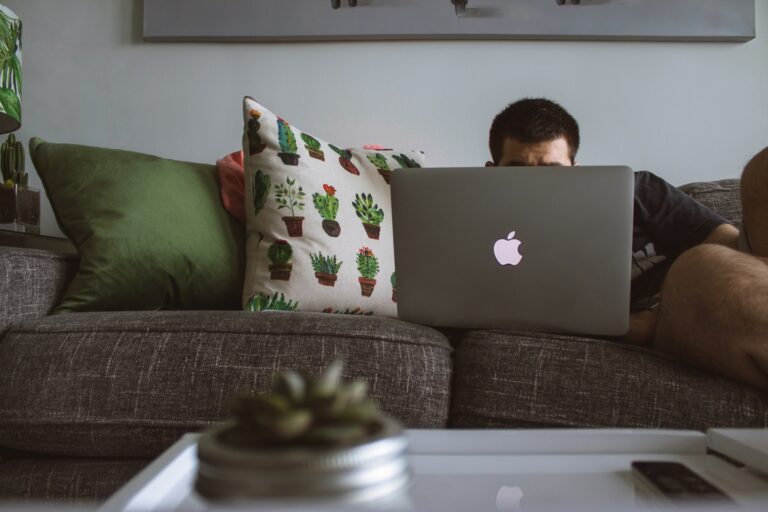Being in isolation may cause heighten anxiety for some people – and even after lockdown measures are eased the idea of reconnecting with the outside world may provoke other anxieties.
Whether you have previously experienced anxiety or not, there are several things you can do to help your mental wellbeing at home:
- Be safe and stay connected – Self-isolation doesn’t mean cutting off all communication, in fact, it’s more important than ever to talk and listen, share stories and advice, and stay in touch with the people who matter to you.
- Take notice of things that make you feel good – Eating healthy food, keeping moving by going out for walks or exercising can help us to feel good. Notice the beauty outside your window or on a walk around the block, taking time to acknowledge people you see.
- Go on an information mini-break – the endless updates from news outlets and people on social media can be completely overwhelming. Pick one trusted source of information and visit it once a day only.
- Share how you’re feeling – Talk to loved ones and friends. Talking has the effect of lifting our mood and really helps us to begin to feel more positive if we’re having a tough time.
- Keep moving – Find ways to move your body and your mood every day. It’s OK to go for a walk, run or ride your bike, as long as you avoid other people.
- Stick to a routine – This sounds dull but it will help you get through each day. Go to sleep and wake up at the same time, eat regularly, shower, change your clothes, get some fresh air, book in video-chats with colleagues or friends, do your chores. Make time for fun!
- Find ways to relax and distract – Finding things that help you breathe deeply, consciously setting your worries aside or focusing on the moment to recharge can be helpful. Distracting yourself by watching films or TV programmes, reading or listening to music will help you to set things in context and provide relief from anxious feelings.
Source: Sarah Kendrick, psychotherapist for Shout, the Crisis Text Support line.




